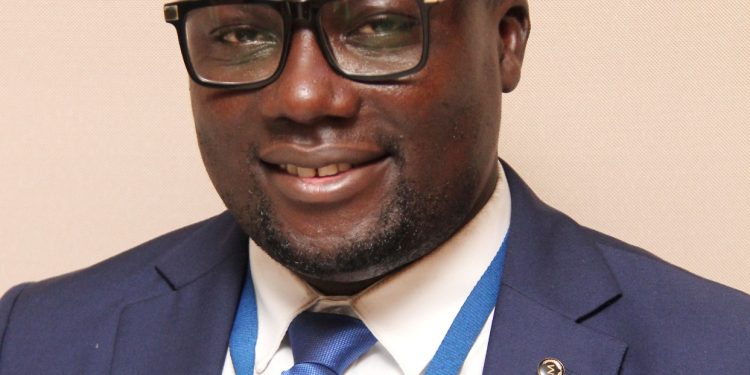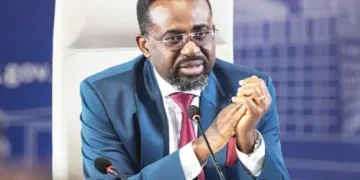Nigeria’s ₦300 Billion Sukuk: A Strategic Infrastructure Financing Model Ghana Can Emulate
As the Director General of the Islamic Finance Research Institute of Ghana (IFRIG), I wish to commend the Federal Government of Nigeria for its remarkable foresight in issuing the 7th Sovereign Sukuk worth ₦300 billion to finance critical road infrastructure across the country.
This instrument, based on the Ijarah (leasing) model of Islamic finance, offers not only a competitive annual rental income of 19.75% with semi-annual payouts but also provides an ethical, secure, and tax-free investment alternative for both institutional and retail investors.
Maturing in May 2032, this seven-year Sukuk stands as a powerful testament to the effective blending of faith-based finance and national development objectives. Nigeria’s consistent use of Sukuk for targeted infrastructure projects is a model that deserves both recognition and emulation across Africa, especially in Ghana.
Sukuk is more than just an alternative investment vehicle; it is a transformational financing mechanism that is transparent, inclusive, and results-driven. What makes the Nigerian Sukuk particularly noteworthy is its direct linkage to physical development, every naira raised is allocated specifically to road construction and rehabilitation projects, ensuring traceability and accountability.
Moreover, this instrument aligns with the ethical values of a growing segment of the population that seeks interest-free, Shariah-compliant investment options. Yet, it remains a viable tool for all investors, regardless of religious affiliation, due to its robust financial structure, reliable cashflows, and government backing. Its liquidity in active secondary markets and exemption from income tax further enhances its attractiveness.
Ghana, like Nigeria, faces a formidable infrastructure gap that continues to constrain economic growth, regional integration, and human development. Despite numerous public-private partnerships and bilateral loans, the financing deficit remains high, especially in sectors such as transportation, healthcare, water, and education. In light of this, I believe it is time for Ghana to explore Sukuk as a viable, sustainable financing option.
A Ghanaian Sovereign Sukuk could be used to fund the construction of key national highways, rural roads, bridges, hospitals, and even school infrastructure, projects that are tangible, high-impact, and income-generating in the long run. This would not only diversify Ghana’s debt portfolio but also deepen our local capital markets and promote financial inclusion by allowing average Ghanaians to invest in nation-building.
IFRIG stands ready to support the government, financial regulators, and the private sector in initiating and structuring a Sukuk framework tailored to Ghana’s legal, financial, and cultural context.
With strategic collaboration involving the Ministry of Finance, the Securities and Exchange Commission (SEC), the Bank of Ghana (BoG), and international Islamic finance partners such as the Islamic Development Bank (IsDB), Ghana can lay the foundation for a credible and well-regulated Sukuk market.
Public education will be essential, Ghanaians must understand that Sukuk is not a religious tool, but rather a globally recognized, ethical investment asset backed by real economic activity and safeguarded by legal enforceability.
In conclusion, the success of Nigeria’s ₦300 billion Sukuk issuance should serve as both an inspiration and a wake-up call for Ghana. We can no longer afford to rely solely on conventional loans and donor funding to build the future we envision. Sukuk offers us an innovative, inclusive, and transparent path to raise funds domestically and abroad while empowering citizens to invest in the nation’s development.
At IFRIG, we are committed to driving this conversation forward and working with all stakeholders to ensure that Ghana harnesses the full potential of Islamic finance for sustainable national development.
About IFRIG
IFRIG is first and foremost, a research institution focused on the Islamic Banking and Finance ecosystem in the country and the West African Subregion.
“Our efforts, currently pivoted in the area of research, advocacy, and capacity building, have the medium to long-term aspirations of leveraging research to usher Ghana into an incremental adaptation of Islamic finance, banking, and insurance” a post on their website read.
Its flagship programme is the Islamic Finance International Conference (IFIC), an annual event that started in 2020, pooling together experts from Ghana, the West African Subregion, and beyond to continue sharing perspectives on the importance of non-interest banking and finance for the wider socio-economic good of Ghana specifically and the global economy.








